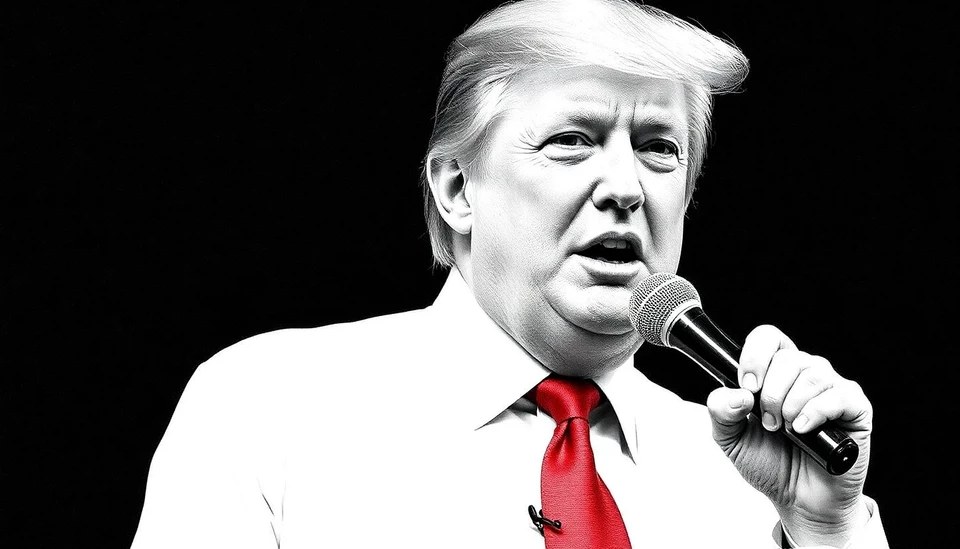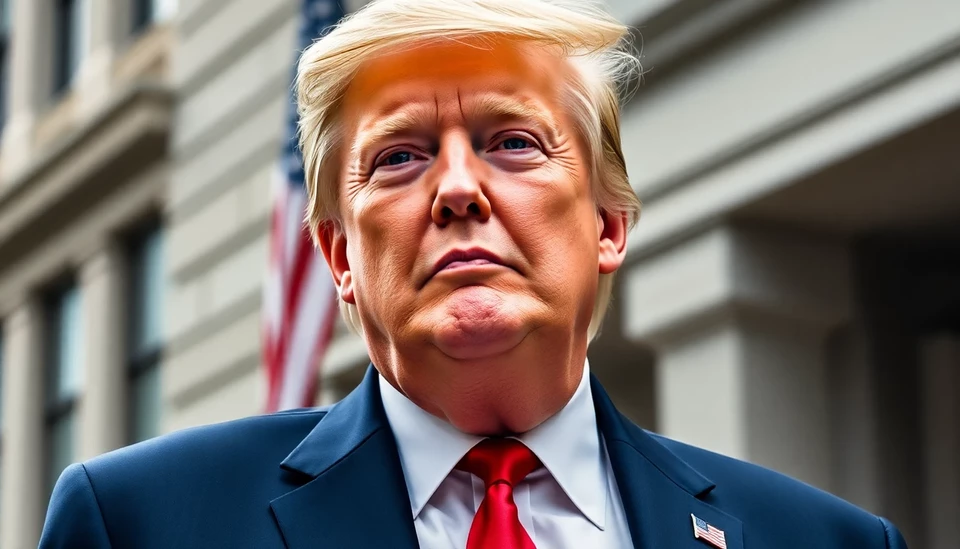
The economic landscape under former President Donald Trump has recently come under scrutiny, with experts like Kenneth Rogoff expressing skepticism about his ability to revive the U.S. economy. In a recent statement, Rogoff, an esteemed professor of economics and public policy at Harvard University, outlined his concerns regarding Trump's capacity to deliver a genuine economic boom should he return to the White House.
Rogoff pointed out that while Trump's tenure was marked by a significant stock market surge and low unemployment rates, these indicators do not necessarily translate into sustainable economic growth. He emphasized that many of the benefits experienced during Trump's last administration were aided by the broader dynamics of the economy at that time, including a loose monetary policy set by the Federal Reserve and a generally favorable global environment.
One of Rogoff's key arguments revolves around the limitations of fiscal and monetary policy in stimulating the economy in today's context. With inflation rates significantly higher than they were during Trump's first term, the financial tools available to pump the economy may be less effective. He also mentioned the increasing burden of national debt, which complicates any substantial financial maneuvering Trump might intend to implement.
As inflation continues to rise and interest rates adjust accordingly, Rogoff believes that any economic measures Trump proposes could face immediate obstacles. The fiscal space for expansive policies may be constrained, hindering ambitious plans aimed at revitalizing sectors that have remained sluggish post-pandemic. The implications of such economic realities may challenge Trump's narrative of a booming economy, making it difficult for him to deliver results that meet public expectations.
Moreover, Rogoff highlighted the significance of global supply chain issues and geopolitical tensions, particularly with countries like China, which can further complicate recovery efforts. In his analysis, he noted that one-time fiscal stimulus measures are unlikely to promote lasting growth in a complex global economy, where challenges continue to evolve rapidly.
Looking ahead, Rogoff's insights serve as a caution to voters and policymakers who may be swayed by optimistic promises from political leaders. The complexities of both domestic and international economies necessitate a realistic evaluation of Trump's potential impact on economic health, urging a deeper consideration of the layered challenges he would face if he were to attempt to enact any significant economic agenda.
In conclusion, as Trump seeks to make a political comeback, the opinions of economists like Rogoff remind us that the path to a robust economy is fraught with hurdles that cannot be overcome by mere promises. The reality of the economic situation, characterized by inflation, debt, and global challenges, suggests that delivering a boom will require more than just rhetoric.
#TrumpEconomy #Rogoff #USPolitics #EconomicGrowth #Inflation #SupplyChain #NationalDebt #2024Elections
Author: Rachel Greene
